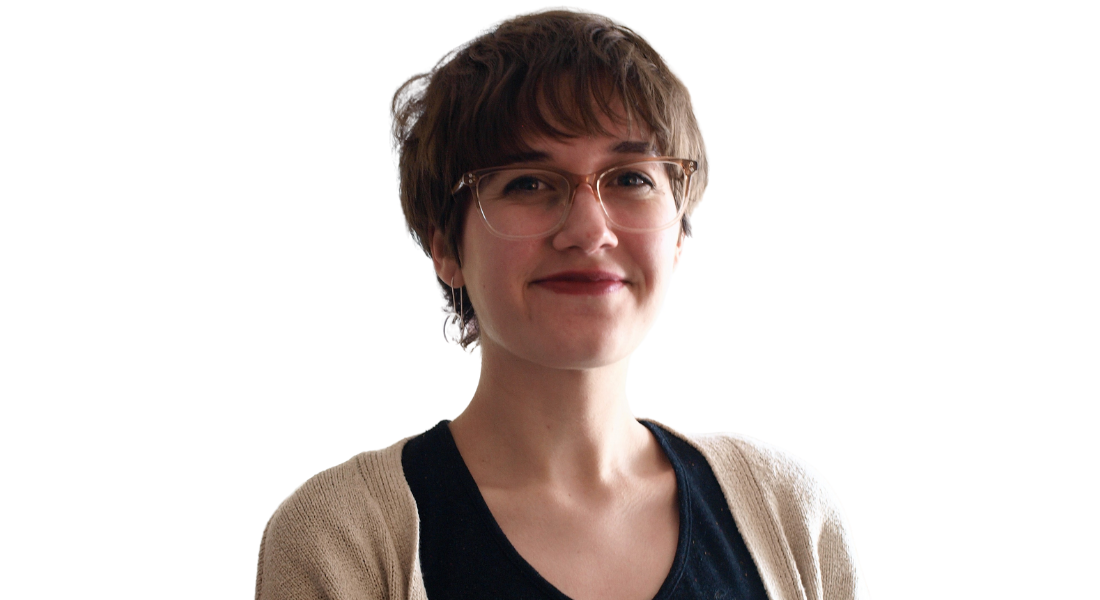
PhD defence: The role of income, demographic, and incentive changes in future food demand scenarios

PhD defence (hybrid)
Clara Garcia Bouyssou
Title of thesis
The role of income, demographic, and incentive changes in future food demand scenarios
A pluralistic modeling approach
Abstract
Current food demand trends are leading to unsustainable environmental degradation and contributing to climate change. To minimize environmental externalities and promote public health, several changes in global diets are required, among which is a transition towards more plant-based food products. However, global animal food consumption keeps rising, mainly due to population and income growth in many medium- and low-income countries.
This thesis consists of three papers and contributes to a better understanding of (i) how consumer preferences vary across countries and food groups (paper 1); (ii) how consumer demand patterns evolve with key socioeconomic drivers (paper 2); and (iii) how changes in incentives to food consumption could affect economic, health, and environmental outcomes, when country-level characteristics are considered (paper 3).
The first paper is a meta-analysis of food demand elasticities gathered from more than four hundred studies with an emphasis on animal food products. The results of the meta-regressions are largely consistent with patterns traditionally observed in the literature related to income developments; however, our results also show that other socioeconomic variables such as the population age structure or urbanization level matter, and they matter differently for different food groups. The predicted elasticities point towards regional idiosyncrasies that should be considered when designing mechanisms to address policy goals.
The second paper uses the data collected in the first paper to train a machine learning algorithm, which is then used to project food demand elasticities over time under different socioeconomic scenarios towards 2050. These elasticities are calibrated to comply with theoretical restrictions and used to parameterize a demand system in a recursive dynamic computable general equilibrium (CGE) model. The resulting food demand projections show that the new parameters reflect relevant nuances across regions and food groups that are not captured by standard parameters.
The third paper uses a three-step modelling procedure that couples a demand system reflecting cross-price effects, a CGE model, and a comparative risk assessment framework together to analyze the effect of a greenhouse gas (GHG) tax on food demand, production, trade, emissions, and health outcomes at the global scale. The database and methodology from paper 1 and 2 are used to parameterize the demand systems outside and inside the CGE model and, hence, reflect the aforementioned heterogeneities. The results show that a GHG tax considering the common but differentiated responsibility principle could achieve important GHG reductions while improving global health outcomes. They also show that demand and production reallocations across countries are quite limited, pointing to small carbon leakage effects.
In summary, this thesis delves into the role of food preference parameters on food demand projections and policy assessments. Especially, it highlights heterogeneities across countries and food products that reflect socioeconomic development and food-related cultural characteristics.
The thesis shows how considering such particularities leads to more nuanced food demand projections, both across food groups of the same category (e.g., across meat types) and across countries. Results reported in this thesis point to the need of considering idiosyncrasies at country/region level, the relative impacts of each country/region with respect to other world regions, and the expected future developments of the different regions for designing food policies.
Organiser:
Department of Food and Resource Economics (IFRO), University of Copenhagen
Supervisor:
Professor Wusheng Yu, Department of Food and Resource Economics (IFRO), University of Copenhagen
Co-supervisor:
Professor Jørgen Dejgård Jensen, Department of Food and Resource Economics (IFRO), University of Copenhagen
Assessment Committee:
Chair:
Associate Professor Sinne Smed, Department of Food and Resource Economics, University of Copenhagen
Professor H. Holly Wang, Purdue University, USA
Senior Research Fellow Christophe Gouel, INRAE – AgroParisTech, France
Master of Ceremony
Professor Mette Asmild, Department of Food and Resource Economics, University of Copenhagen
The defence is open to all.
Yes. Please contact Clara Garcia Bouyssou cgb@ifro.ku.dk 27 June 2024 - 22:00 (CET), at the latest to receive link and passcode for online hybrid zoom participation.
Yes. If you are interested in a full copy of the thesis, please contact the PhD student or the PhD Secretary milton@ifro.ku.dk
No. The doors close when the defence starts and will not be opened again until the defence is finished.
You cannot leave early either unless there is an emergency.
It is not allowed to take pictures or record the defence without prior agreement with the PhD student and supervisors.
There is usually a reception after a defence. We kindly ask you to contact the PhD student if you want to know the location of the reception.
Events


